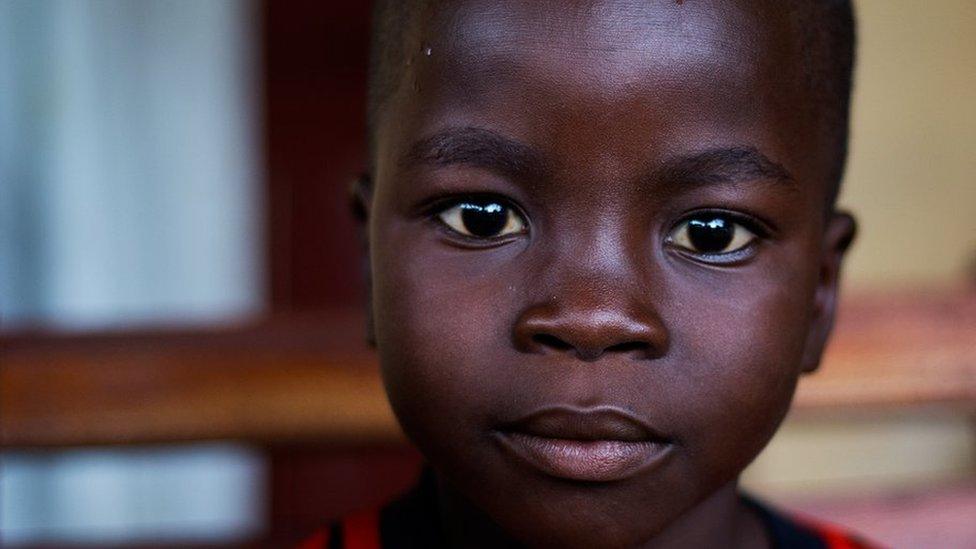Ebola treatment challenged by DR Congo rebel activity
- Published
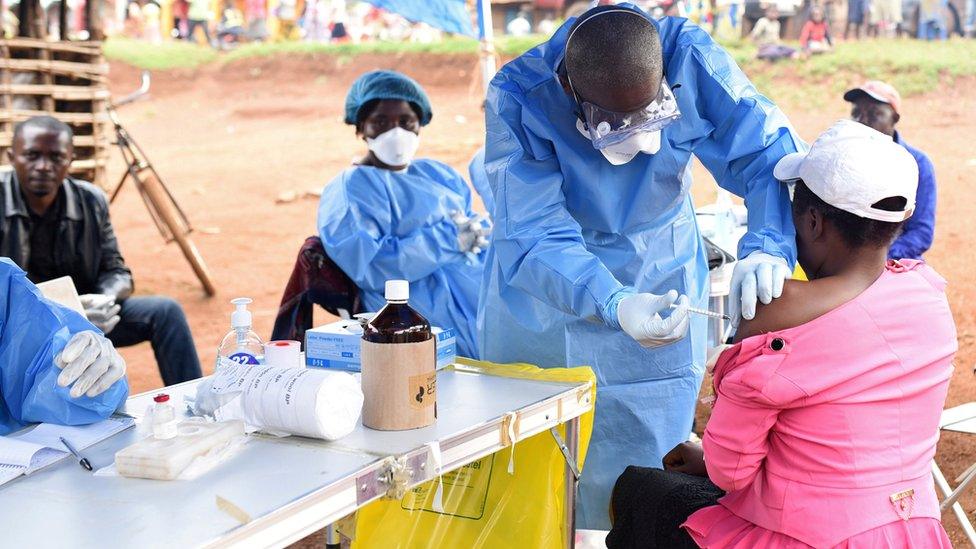
More than 2,900 people have been vaccinated since the latest outbreak began on 1 August
Rebel activity round a town in the Democratic Republic of Congo is complicating the battle against Ebola, the World Health Organization says.
The WHO's Peter Salama spoke of "extremely serious security concerns" round the eastern town of Oicha.
It is encircled by a feared Ugandan Islamist militia, the Allied Democratic Forces - a "dreaded" scenario, he said.
An Ebola outbreak erupted in the region on 1 August, with 63 deaths to date.
The militia has been blamed for a series of killings and kidnappings, including of foreigners, the WHO warns.
The WHO's concerns have been compounded as it emerged that a doctor infected with Ebola is among those trapped in Oicha.
"So for the first time really we have a confirmed case and contacts in an area of very high insecurity," said Dr Salama, WHO's emergency response chief in Geneva.
"It really was the problem we were anticipating and the problem at same time that we were dreading."
There have been 103 confirmed or probable cases in the latest outbreak in the North Kivu and Ituri regions.
According to the WHO, a large number of civilians have been killed by unrest around Oicha, and aid workers, priests and government officials are being held hostage.
'Re-hospitalised'
The North Kivu doctor's initial test for Ebola - which causes vomiting, fever and diarrhoea - came back negative.
But he was re-hospitalised with Ebola symptoms after his wife was confirmed as having the disease when she travelled to the nearby city of Beni, Dr Salama said.
So far, 97 people who may have been exposed to the virus by the doctor have been identified, and vaccinations have begun in the town after WHO and health experts reached it with an armed escort earlier this week.
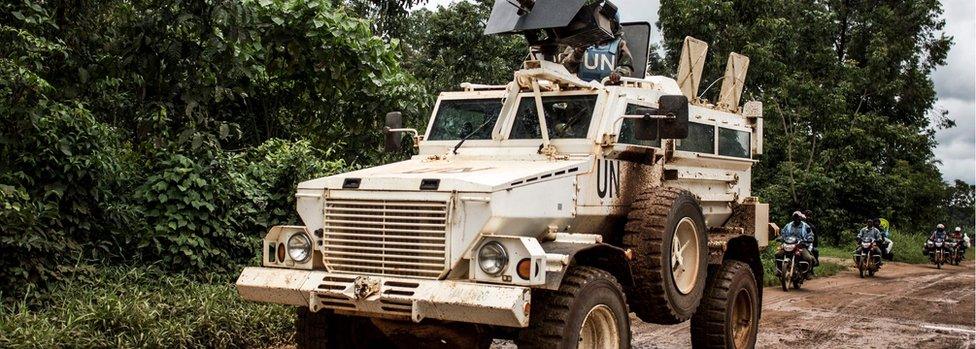
UN teams cannot travel without an armed escort as the region has suffered deadly unrest by insurgents
Dr Salama said "we are at quite a pivotal moment in this outbreak" in terms of its evolution and the response to the deadly disease.
More than 2,900 people have been vaccinated against Ebola since the outbreak began, he said.
This outbreak, which began in the North Kivu town of Mangina, is the 10th to hit DRC since 1976.
Ebola caused widespread panic between 2013 and 2016, as an epidemic in West Africa killed 11,300 people.
- Published31 January
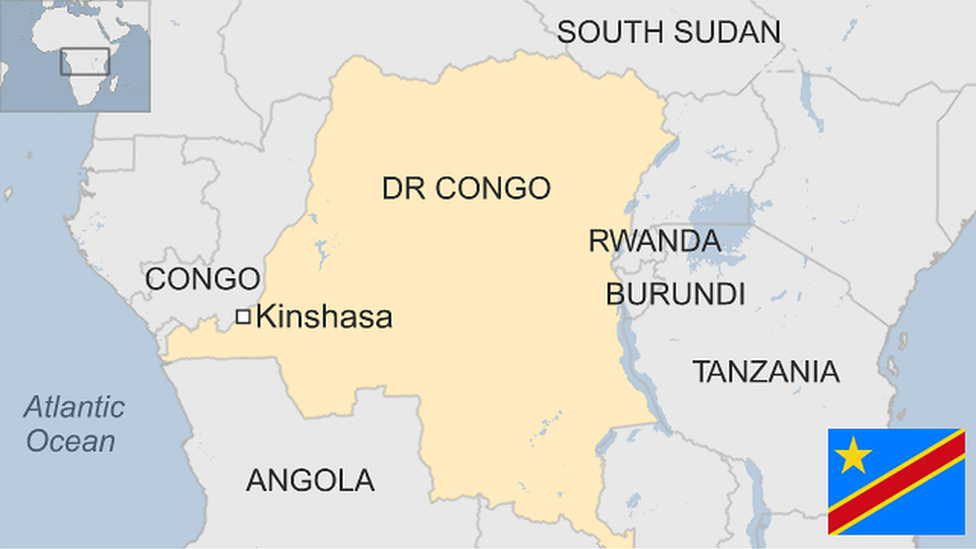
- Published23 July 2018
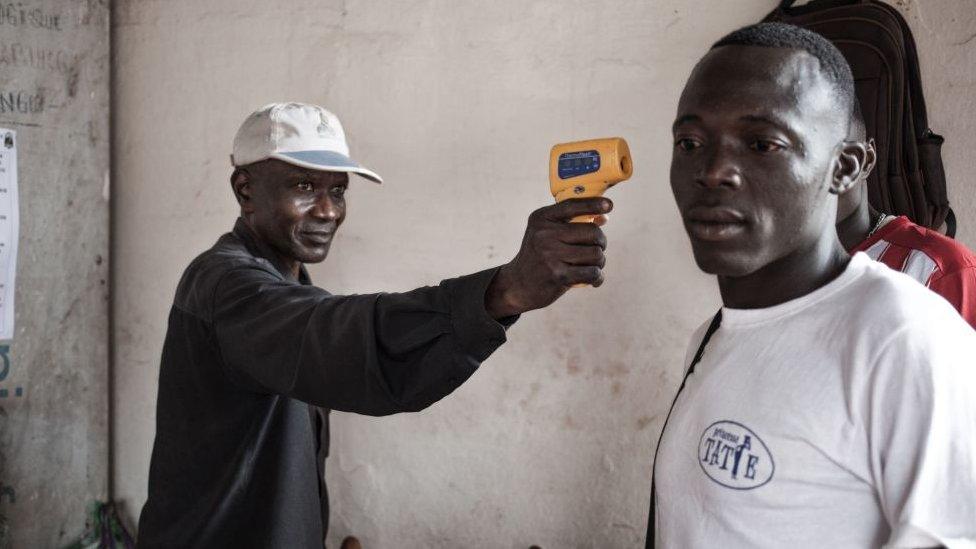
- Published21 May 2018
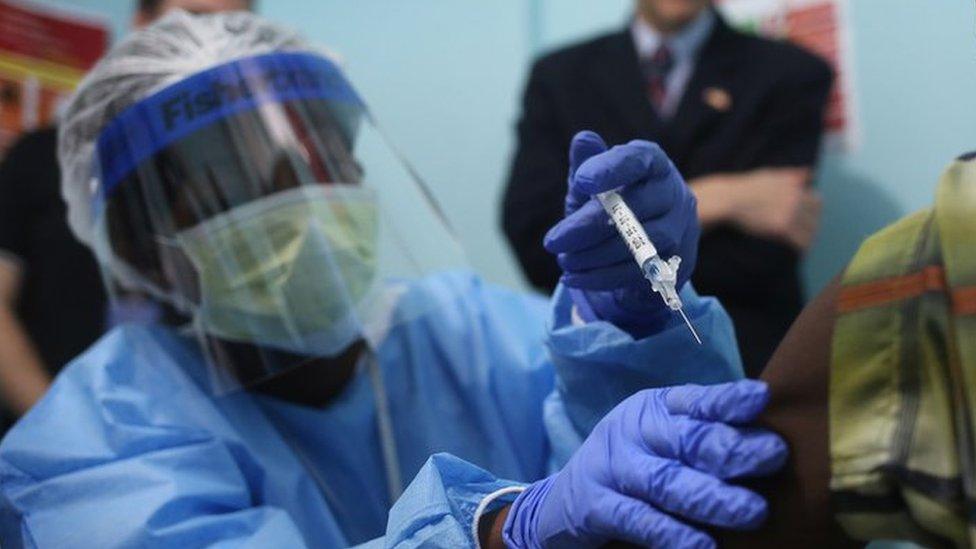
- Published14 May 2018
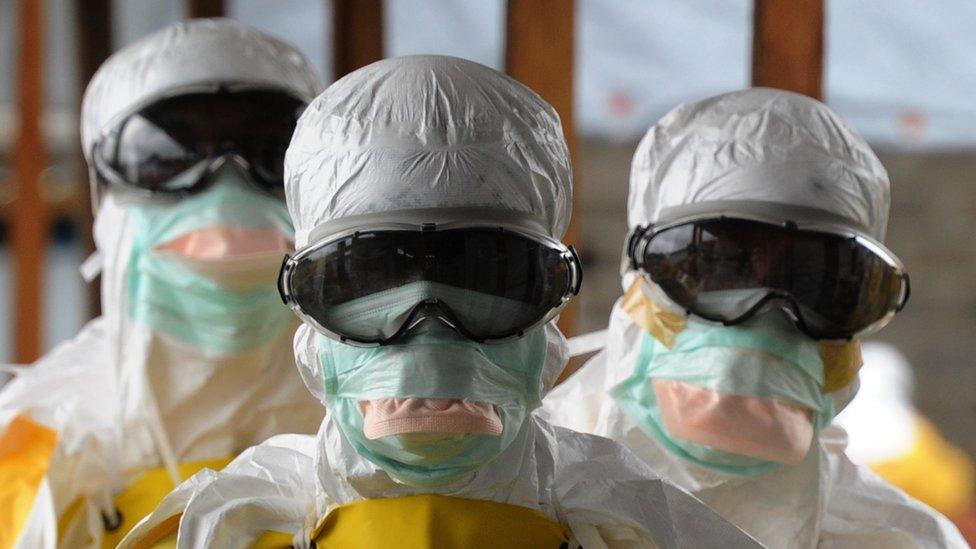
- Published8 May 2018
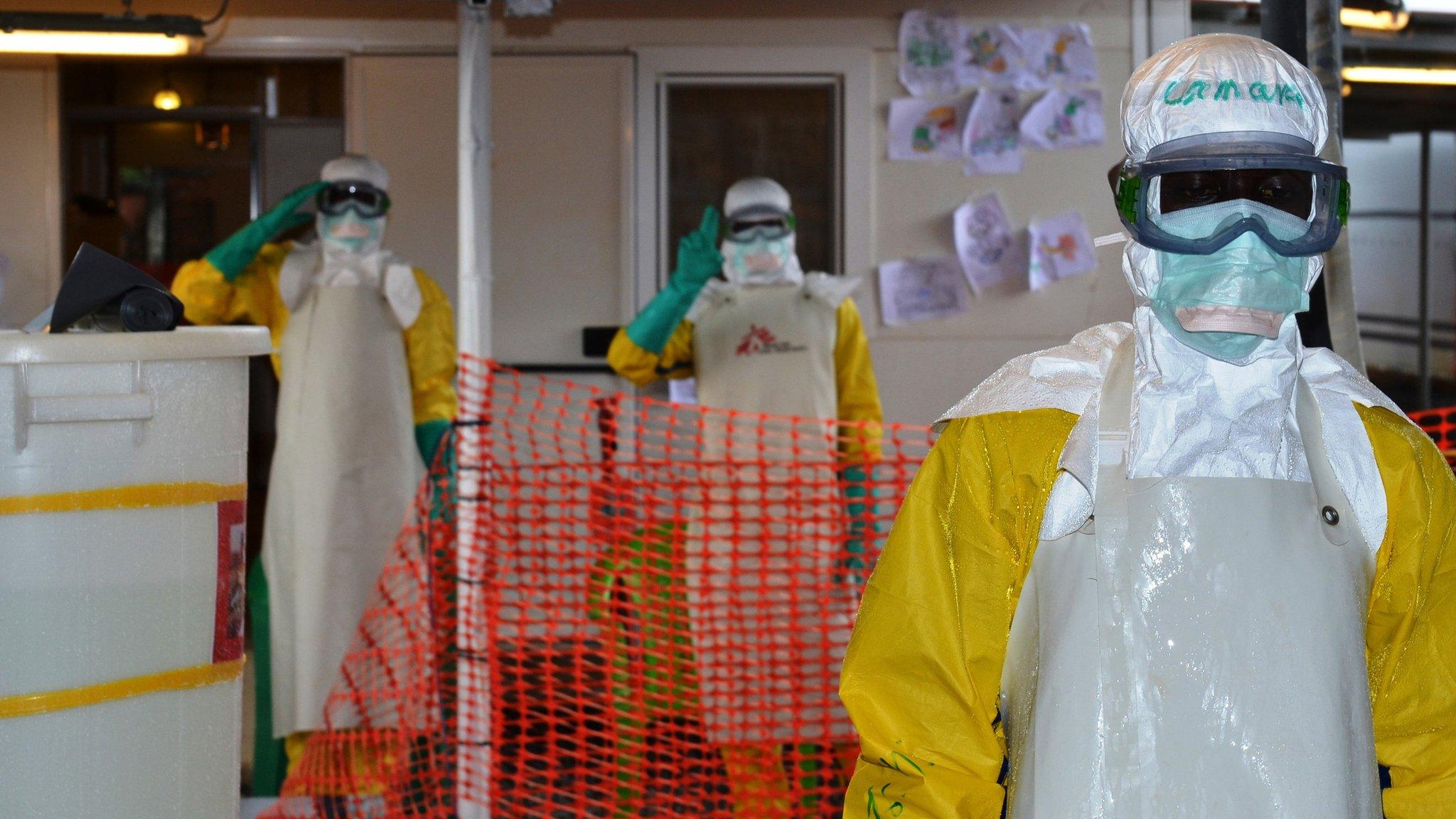
- Published14 January 2016
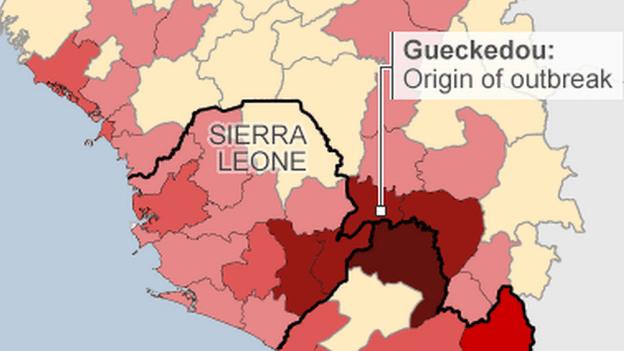
- Published30 December 2014
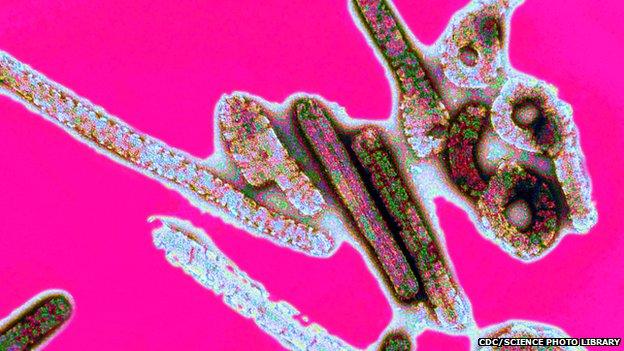
- Published8 October 2014
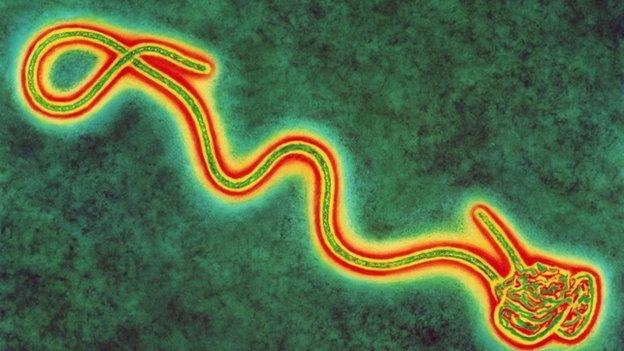
- Published17 November 2014
